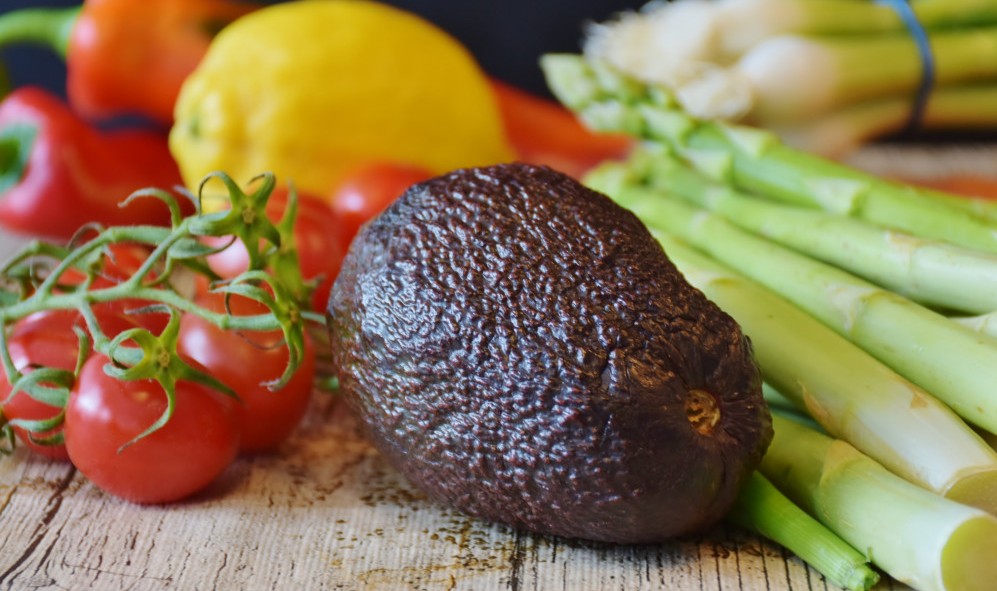Vitamin D, also referred to as calciferol, has been identified as a universal remedy for many chronic health conditions like diabetes, depression, cancer, cardiovascular disease, bone fractures, and mild cognitive impairment to dementia.
However, many of the findings have been from observational studies where a higher blood level of 25-hydroxy D vitamin has been linked to a lower risk for these health conditions.
The Importance of Vitamin D
Correlation doesn’t prove causation when viewed epidemiologically. For example, other factors could be involved. People who have higher blood levels of calciferol may be spending more time outdoors. They may be physically active and exposed to the sun, or they may have healthier diets. In essence, some of these other factors could be lowering their risk.
When the randomized trials began to come into view in many of these large-scale trials, the findings were by and large neutral or void for diabetes, depression, cardiovascular disease, total cancer, cognitive decline, and a numerous other health outcomes…including fractures. Questions started to formulate as to whether calciferol is important to health.
The answer suggests that the findings of these studies prove that calciferol is so vital to health that we need only small to moderate amounts of the vitamin.
The metabolism and function of calciferol is very tightly controlled and maintained in the body. According to most recent research, even small, to moderate amounts will meet the requirements for bone health and many other outcomes.
Overall, it’s recommended that small to moderate amounts of calciferol are adequate, and among the healthy population, most people don’t need screening or supplements.
The reduction in autoimmune diseases suggests that the calciferol may contribute in cutting back or eliminating inflammation.
During the COVID Pandemic
In other randomized trials of vitamin D and COVID, the results have been mixed and conflicting, with no clear answer.
During the COVID pandemic, Dr. JoAnn Manson, professor of medicine at Harvard Medical School, and chief of the division of preventive medicine at Brigham and Women’s Hospital, both in Boston, was the director of the Vitamin D and Omega-3 trial VITAL — the largest randomized clinical trial in the world.
Dr. Manson and other researchers have generally advised that it’s reasonable to take 1,000-2,000 IUs of vitamin D daily as a form of insurance. This dose is known to be very safe.
Dr. Manson explains as follows:
“Over 5.3 years in the VITAL trial, we saw that a dose of 2,000 IUs was very safe.”
However, Dr. Manson adds, it’s not necessary to take a supplement. Overall, aside from some high-risk groups, most people don’t need a vitamin D supplement. The high-risk groups consist of patients in nursing homes who may have limited time out of doors and restricted diets.
Nonetheless, it’s sensible to prescribe calcium and calciferol for individuals with malabsorption conditions such as celiac disease, Crohn’s disease, post–gastric bypass surgery, and those with osteoporosis who are on medications for osteoporosis.
Recommendations
Recommendations for calciferol in the generally healthy population really should focus on a healthy diet. The United States has a fortified food supply. Calciferol is added to many cereals, dairy products, foods, including some beverages. Natural sources of this vitamin include wild mushrooms and fatty fish, such as salmon, trout, mussels, tuna, and sardines, to name a few.
At the completion of the largest randomized clinical trial on vitamin D, Dr. JoAnn Manson was often asked, “How much vitamin D do we need, and should I take a vitamin D supplement?”
Dr. Manson suggests trying to get sufficient vitamin D from our diet includes reading food labels that show vitamin D content. Being physical and spending time outdoors is of great benefit to our health.
Dr. Manson sums up:
“The general principle is that a dietary supplement will never be a substitute for a healthy diet or healthy lifestyle. And those other behaviors really should be the focus at this time.”